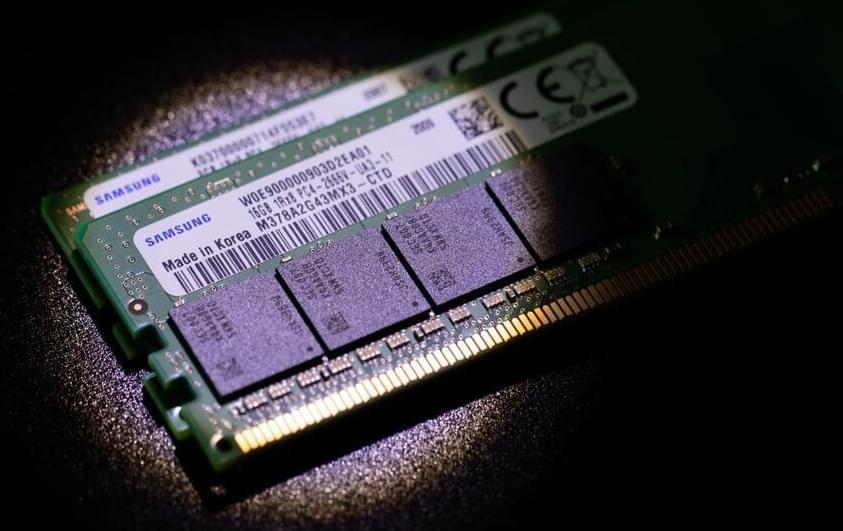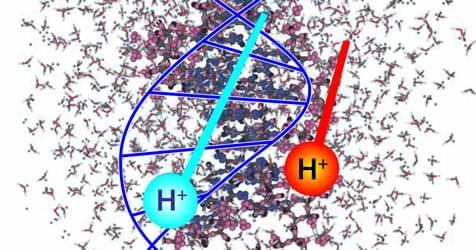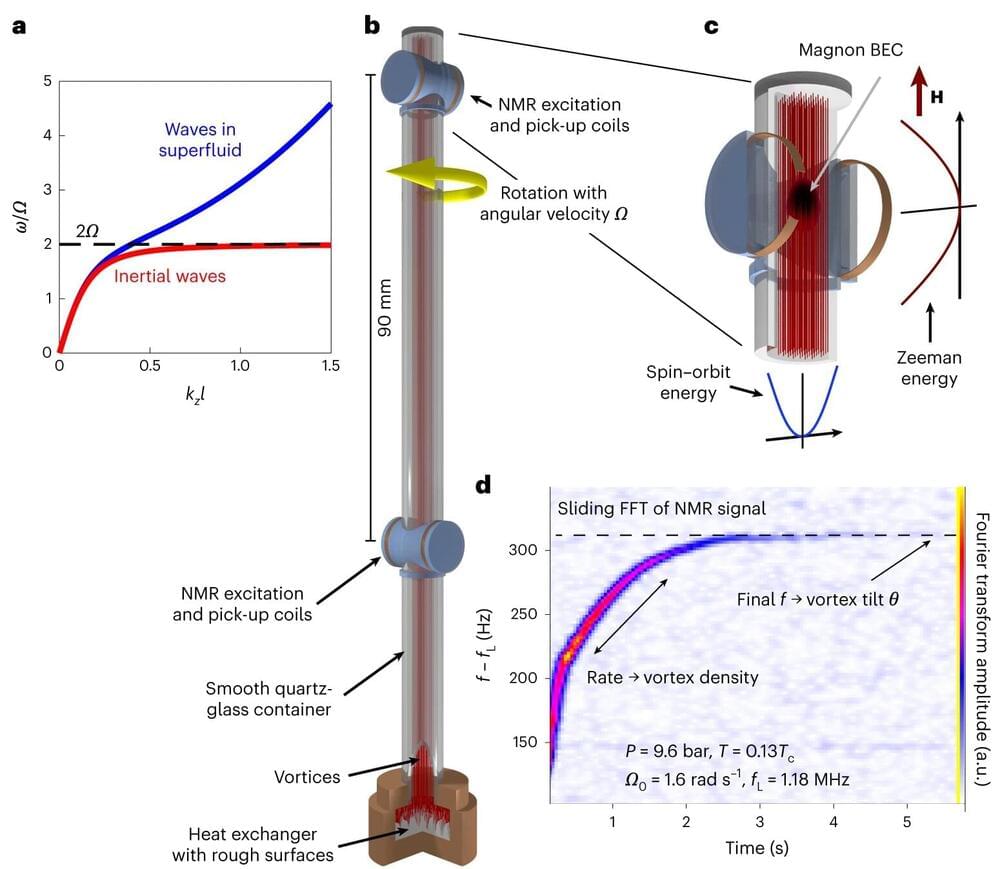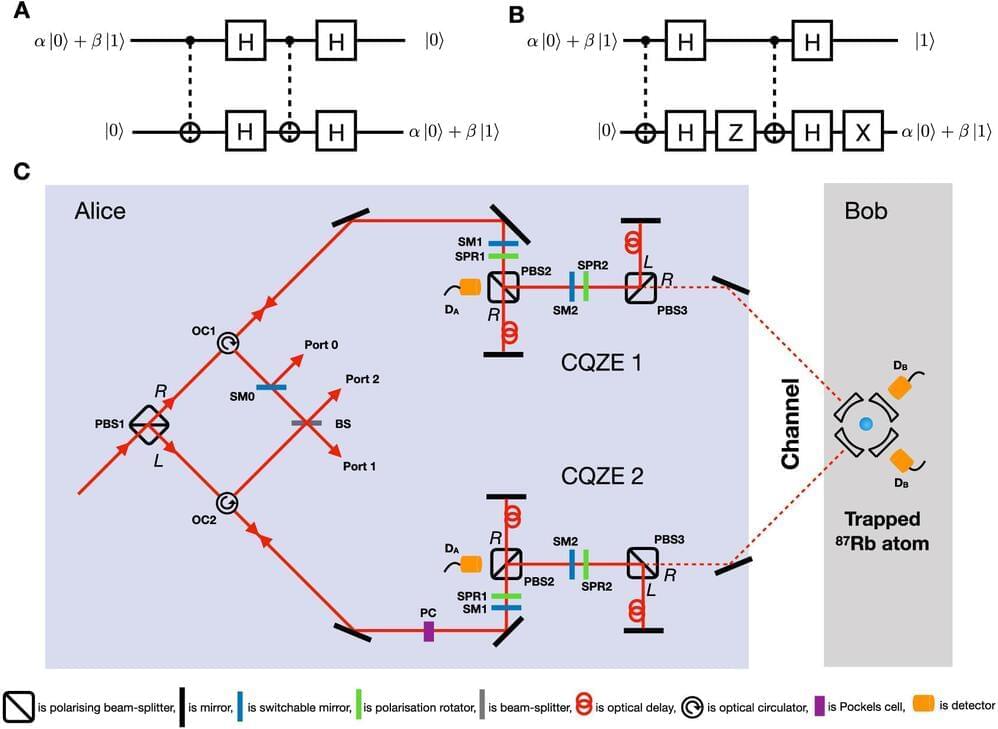Of all the advanced technologies currently under development, one of the most fascinating and frightening is brain-computer interfaces. They’re fascinating because we still have so much to learn about the human brain, yet scientists are already able to tap into certain parts of it. And they’re frightening because of the sinister possibilities that come with being able to influence, read, or hijack peoples’ thoughts.
But the worst-case scenarios that have been played out in science fiction are just one side of the coin, and brain-computer interfaces could also be a tremendous boon to humanity—if we create, manage, and regulate them correctly. In a panel discussion at South by Southwest this week, four experts in the neuroscience and computing field discussed how to do this.
Panelists included Ben Hersh, a staff interaction designer at Google; Anna Wexler, an assistant professor of medical ethics and health policy at the University of Pennsylvania; Afshin Mehin, the founder of a creative studio that helps companies give form to the future called Card79; and Jacob Robinson, an associate professor in electrical and computer engineering at Rice University and co-founder of Motif Neurotech, a company creating minimally invasive electronic therapies for mental health.






